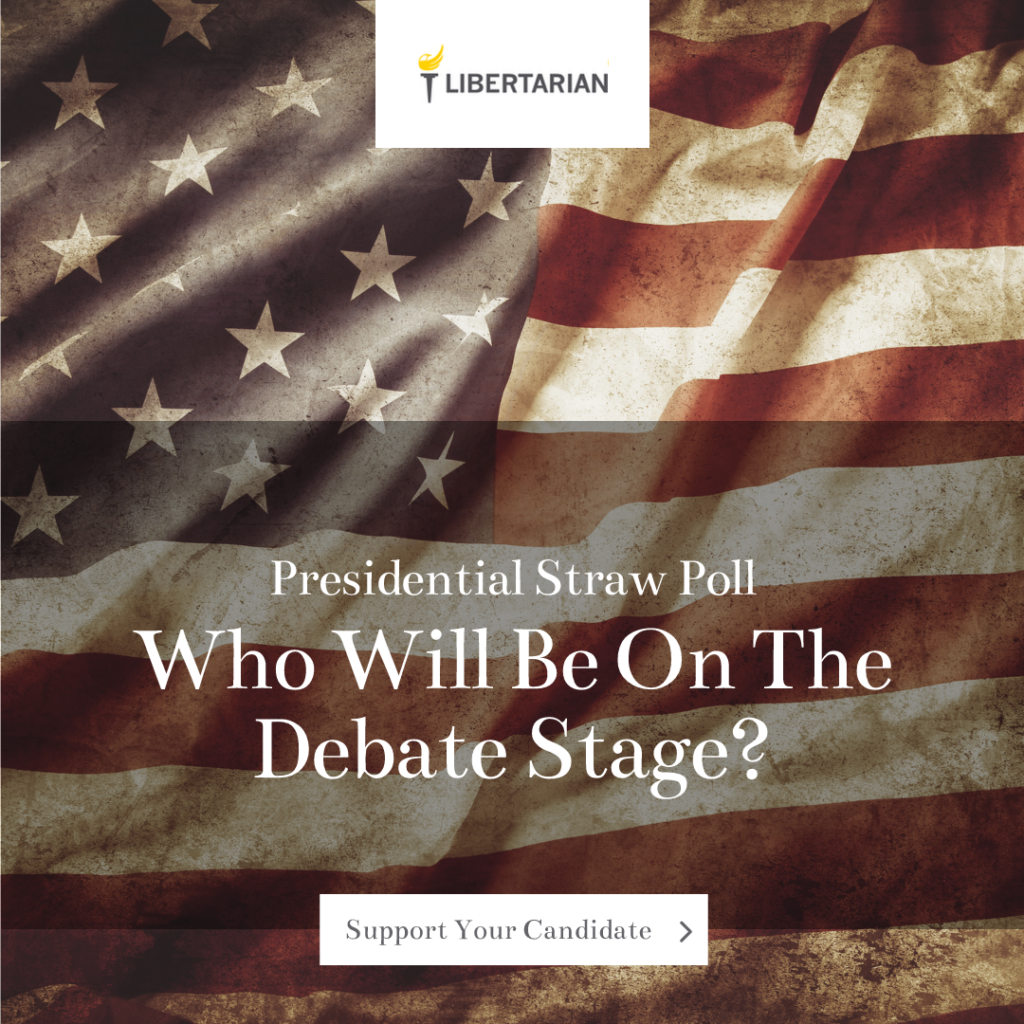by Michael Cloud c 2005
Would you like to drastically cut waste from your local city budget?
Would you enjoy getting rid of government pork, patronage, and overspending?
What if you could make it profitable for private citizens in your community to look for, find, and help get rid of waste from your city government budget?
You can do it with two simple things: Open Books Government and a Bounty for Getting Rid of Government Waste.
Open Books Government
Put your city government budget on the Internet in a taxpayer-friendly form, readable by any twelve-year old school child.
Taxpayers should be able to see exactly how much we’re paying for supplies and services. How much are we paying for each piece of office furniture? For janitorial services? Filling potholes? How much for materials? For labor? Police car tires? Health Insurance? Retirement pay for government employees?
Taxpayers shouldn’t have to be Certified Public Accountants or trained Business Auditors to follow the money in city government.
You should be able to easily find out what the city’s paying for photocopies, computers, paper clips, gas for government vehicles, or parking space.
You should be able to quickly see what they’re paying for travel,“professional conferences”, consulting, outsourced services, bookkeeping, and cleaning.
Closed Books government is wasteful government.
Open Books Government is accountable government.
Open Books Government is the first step toward reducing and removing government waste.
Bounty for Getting Rid of Government Waste
Waste is bad for government and bad for taxpayers.
There are at least 3 kinds of waste.
1. Paying champagne prices for beer quality.
2. Paying champagne prices for champagne – when you only need beer.
3. Buying champagne or beer items when you don’t need either.
All 3 kinds of waste balloon government spending and keep taxes high.
The Bounty Hunter Program targets all three.
Bail Bondsmen and Law Enforcement Agencies offer Bounty Hunters juicy rewards for tracking down, capturing, and bringing in bail jumpers and at-large criminals. They pay Bounty Hunters for results.
The Bounty Hunter approach to government waste works the same way.
Offer a bounty of 10% of the first year’s savings for removing the wasteful government spending. Get rid of $100,000 a year in needless government spending, and the citizen gets a $10,000 bounty. Immediately refund the
other $90,000 to taxpayers. The next year and every year after, taxpayers – not the government – get the whole $100,000 savings.
Why immediately? Spending cuts delayed are spending cuts denied. Tax refunds delayed are tax refunds denied. Tax cuts delayed are tax cuts denied.
How many private citizens will scour the city budget, comparison shop what the city’s paying for goods and services, and determine whether it’s prudent and thrifty spending – or waste?
How many small business owners and employees will put city spending under a magnifying glass? How many retirees will stop playing the Lottery – and start seeking out city government waste?
Why will they do it? For the chance of getting a $5,000 bounty, a $10,000 bounty, a $50,000 bounty, or more.
Why will taxpayers love it? Because 90% of the first year’s savings go back to the taxpayers. And 100% of every other year’s savings go to them. Less government spending. Lower taxes.
The process would be simple.
1. The Bounty Hunter would find the waste in the budget, put together evidence that it is waste, and put the item on the agenda of the next city council meeting. Or school board. Or other local government body.
2. The Bounty Hunter would be given 5 to 10 minutes during the meeting to present his facts and figures, his testimony and evidence. City council members could ask him questions to make sure they are properly informed.
3. The city council would have until the next meeting to look into the matter.
4. At the next meeting, the city council members would provide the Bounty Hunter with their findings, and roll call vote on whether to remove the spending from the budget.
5. If they voted to remove the spending, it would take effect immediately. 10% would go to the Bounty Hunter. 90% to the Taxpayers. Immediately.
6. If they voted to keep the spending, voters could decide whether they were right or wrong, responsible or irresponsible. Which ones deserve to be re-elected – and which ones need to be voted out.
To make the Bounty Hunter Program fair, to remove even the appearance of conflict of interest, we would exclude all government employees, retired government employees and their families. We would also exclude those who work for businesses who sell supplies or services to government.
Would you like Open Books Government and the Bounty Hunter Program for your city government? Your county government? Your local public school district budget?
Run for city council on an Open Books Government and Bounty Hunter Program – as a first step toward making government small. Or run for school board. Or any other local office that controls budgets.
Propose them. Publicize them. Promote them.
Or make a small government candidate in your city or state aware of this simple and powerful proposal.
It will make government open and accountable to the taxpayers.
It will increase citizen involvement in local government.
It will increase voter participation.
Every concerned citizen should support this. Every liberal, moderate, and conservative should support this. Every caring government employee should endorse and support this.



